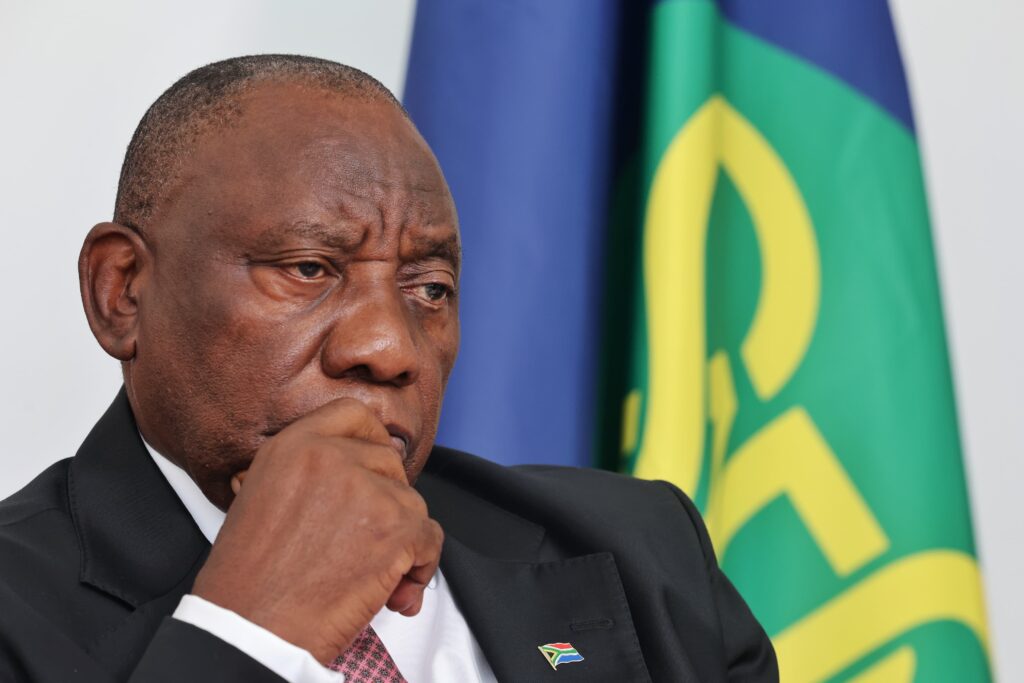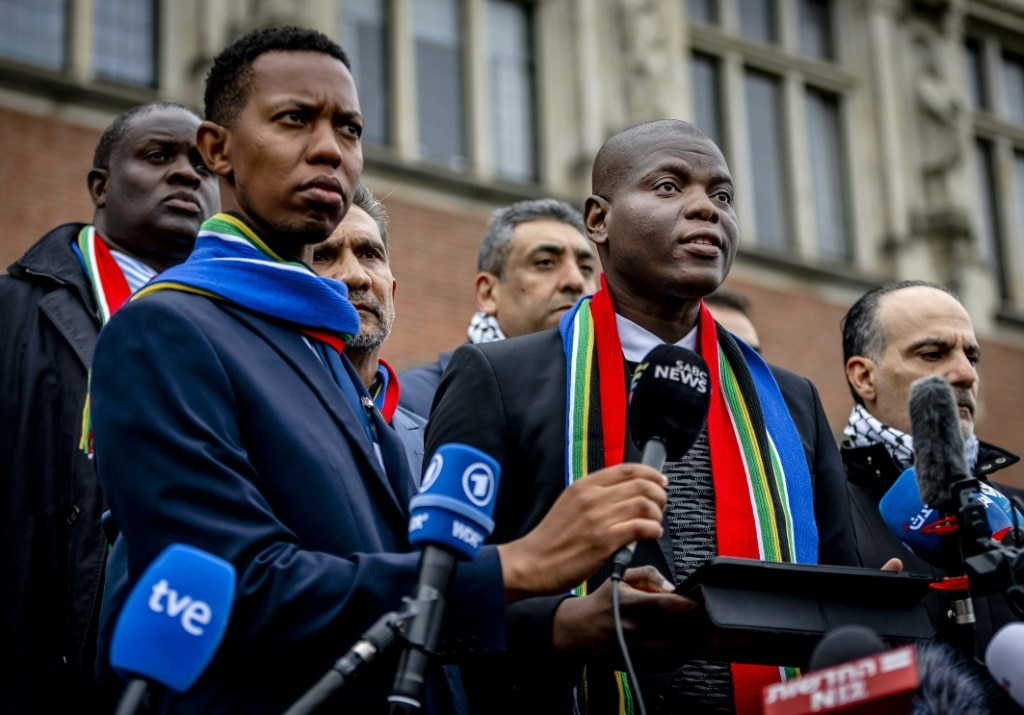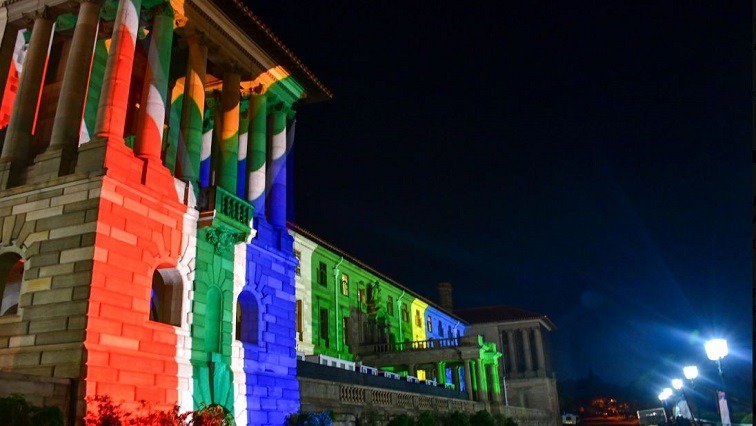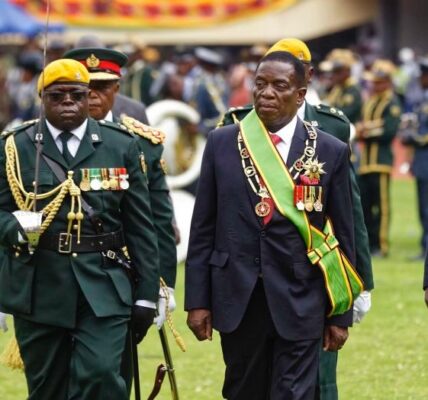US-South Africa relations under fire: Congressman introduces bill targeting anti-US alliances and ANC leaders

The Trump administration and senior politicians have increased pressure on the South African government. Shortly after the announcement of a 30% tariff on the country, a US Congressman introduced a bill targeting its alliances with Iran, Russia, and China, called for a full review of US-South Africa relations, and sought to identify ANC leaders for the imposition of sanctions.
United States Republican Congressman, Ronnie Jackson from Texas, has introduced a bill requesting a full review of the bilateral relationship between the United States and South Africa. The Congressman stated that this would help advance President Trump’s foreign policy agenda by providing him with the tools necessary to impose sanctions on corrupt officials who choose to support America’s adversaries, such as China, Russia, and Iran.
“South Africa has brazenly abandoned its relationship with the United States to align with China, Russia, Iran, and terrorist organisations—a betrayal that demands serious consequences,” said Representative Ronnie Jackson.
The bill is co-led by Republican Congressman John James, who remarked, “This bill builds on and strengthens my bipartisan legislation from the last Congress—H.R.7256—which successfully passed the House and supports President Trump’s Executive Order from 7 February addressing egregious actions by the Republic of South Africa.”
According to Representative James, the South African government and the ANC have “continued to consistently undermine U.S. national security interests and, in recent years, have intentionally aligned with Beijing, Moscow, and Tehran while pursuing an anti-Israel agenda.”
“The United States must examine all of our bilateral relationships around the world and investigate all options to hold those countries and leaders who align with our adversaries accountable,” he added.
“This legislation ensures we conduct a comprehensive review of this supposed ‘ally’ while also holding accountable any corrupt officials. The era of governments undermining American interests without repercussions ends now.”
The bill also seeks to identify South African government officials and ANC leaders who may be eligible for the imposition of sanctions.
The US-South Africa Bilateral Relations Review Act of 2025 states that the actions of factions within the African National Congress (ANC) are inconsistent with the South African Government’s publicly stated policy of non-alignment in international affairs. It claims that the “South African Government has a history of siding with malign actors, including Hamas, a United States-designated Foreign Terrorist Organisation and a proxy of the Iranian regime, and continues to pursue closer ties with the People’s Republic of China (PRC) and the Russian Federation.”
The bill also highlights South Africa’s “hardline stance of consistently accusing Israel of practising apartheid.” It asserts that, “following the unprovoked and unprecedented horrendous attack by Hamas on Israel on October 7, 2023, where Hamas terrorists killed and kidnapped hundreds of Israelis, members of the South African Government and leaders of the ANC delivered a variety of antisemitic and anti-Israel-related statements and actions.”

The bill includes a list of 14 anti-Israel statements attributed to the South African government, including a statement by ANC spokesperson Mahlengi Bhengu-Motsiri describing Hamas’s attack as a response to Israel’s “apartheid regime,” and former Foreign Minister Naledi Pandor accepting a call with Hamas leader Ismail Haniyeh.
Also listed are South Africa’s case at the International Court of Justice accusing Israel of war crimes, the appointment of Ebrahim Rasool as U.S. Ambassador, and the ANC’s attempt to rename the street of the U.S. Consulate in Johannesburg to Leila Khaled Drive.
The South African Government and the ANC are accused of maintaining close ties with the Russian Federation, “which has been accused of perpetrating war crimes in Ukraine.” The bill states that South Africa’s “robust” relationship with Russia “spans the military and political space.”
The bill criticises South Africa’s interaction with the People’s Republic of China (PRC) Government and the ANC’s ties with the Chinese Communist Party, “who are committing gross violations of human rights in the Xinjiang province and are implementing economically coercive tactics globally.” It states that such interactions undermine South Africa’s democratic constitutional system of governance.
Additionally, the bill highlights South Africa’s “history of substantially mismanaging a range of state resources,” which has compromised its ability to effectively deliver public services. The document cites the national state of disaster declared in 2023 due to a power crisis, issues with Transnet, outbreaks of cholera in 2023 and 2024, and rampant state capture as evidence of this mismanagement.
The bill states that the South African government’s foreign policies “have long ceased to reflect its stated stance of non-alignment and now directly favour the PRC, the Russian Federation, and Hamas, a known proxy of Iran, thereby undermining the United States’ national security and foreign policy interests.”
The legislation mandates that the President, in consultation with the Secretary of State and Secretary of Defence, certify within 30 days of the Act’s enactment whether South Africa has engaged in activities that undermine U.S. national security or foreign policy interests. This determination would be submitted to congressional committees.
The bill recommends a full review of the U.S.-South Africa bilateral relationship. It calls for a list of senior South African officials and ANC leaders who, based on credible evidence, have engaged in corruption or human rights abuses that meet the criteria for sanctions under the Global Magnitsky Human Rights Accountability Act.




























































































































































































































































































